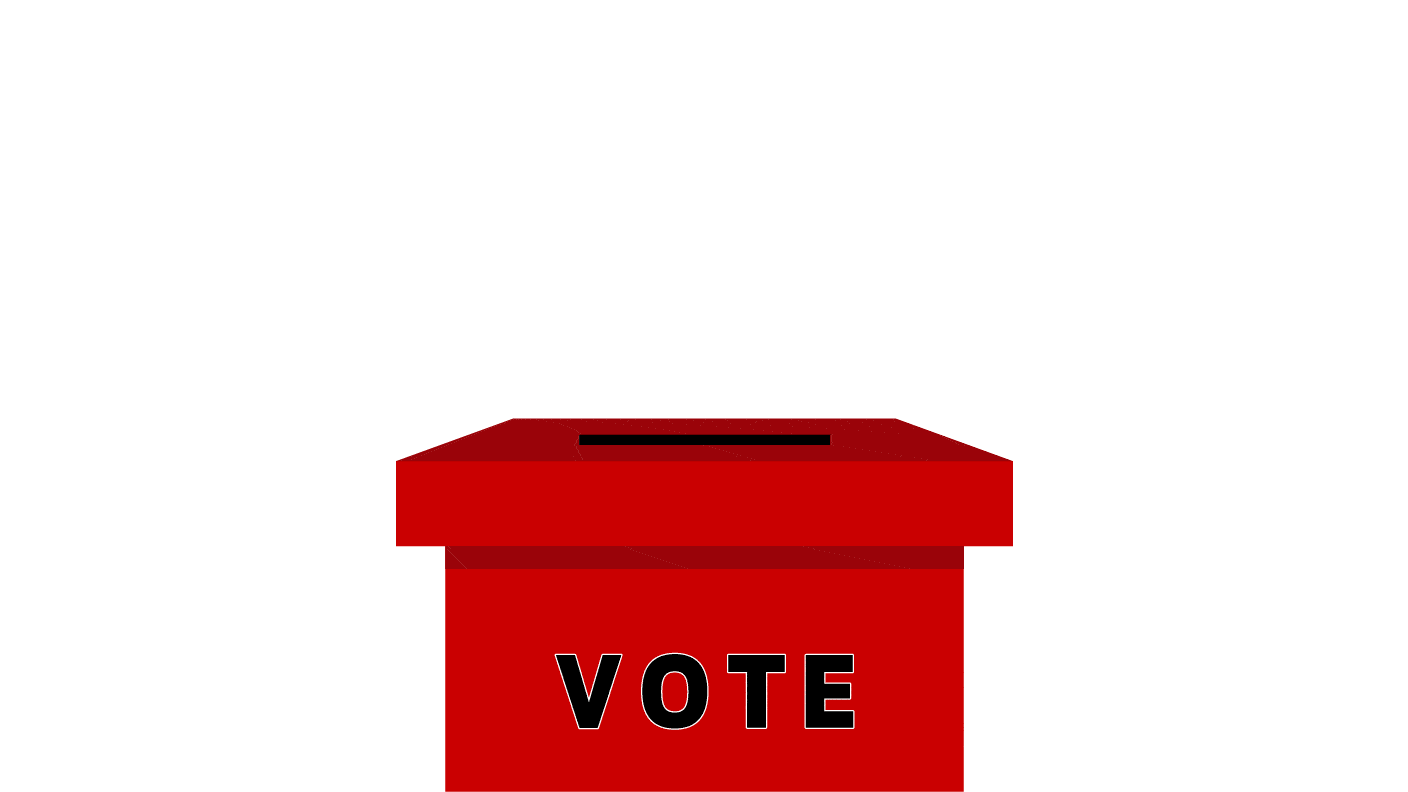Overturned: The Facts + a 360 View

Image: SupremeCourt.gov
In a 5-4 decision on Friday, the Supreme Court overturned Roe v. Wade, a 1973 ruling that provided a constitutional basis for abortion rights.
🇺🇸 So… what happens now? The court's decision paves the way for individual states to allow, regulate, or ban abortion procedures, creating a patchwork of new laws across the US.
- 13 GOP-led states have ‘trigger laws’ banning most or all abortions that come into effect up to 30 days after Roe v. Wade is overturned; in total, at least 22 states are expected to ban or heavily restrict abortions in the coming months or years, per the WSJ.
- 16 Democrat-led states plus D.C. have laws on the books establishing protections for abortion.
- In states with no preexisting laws regarding abortion, the procedure is still allowed.
⚖️ A loophole?... People in states with restricted abortion access still have two legal options, according to AG Merrick Garland.
- On Friday, he published a statement saying the DOJ will protect the right of all Americans to travel out of state for abortion appointments, and asserted that the abortion pill mifepristone can’t be banned by states since it’s been approved by the FDA.
- Experts say it’s unclear if Garland’s claims about the abortion pill will hold up in court.
🔢📊 By the numbers: After decades of decline, the number of abortions in the US rose almost 8% from 2017 to 2020, according to a report published this month by the Guttmacher Institute, an abortion rights group.
- About 1 in 5 pregnancies in 2020 ended in abortion, and more than half of those (54%) were medication abortions, up from 39% in 2017.
See the 360° View →

From the Left
- 17% of Democrats agree with the Supreme Court’s decision to overturn Roe v. Wade, while 83% disapprove.
Source → (CBS News/YouGov)
“The insult of Friday’s ruling is not only in its blithe dismissal of women’s dignity and equality. It lies, as well, in the overt rejection of a well-established legal standard that had managed for decades to balance and reflect Americans’ views on a fraught topic. A majority of the American public believes that women, not state or federal lawmakers, should have the legal right to decide whether to end a pregnancy in all or most cases…
By the majority’s reasoning, the right to terminate a pregnancy is not “deeply rooted” in the history and tradition of the United States — a country whose Constitution was written by a small band of wealthy white men, many of whom owned slaves and most, if not all, of whom considered women to be second-class citizens without any say in politics…
The court is not going to stop at abortion. If you think that’s hyperbole, consider Justice Clarence Thomas’s concurring opinion in Dobbs, in which he called for the court to reconsider other constitutional rights that Americans have enjoyed, in some cases, for decades — including the right to use birth control, the right to marry the person of their choosing and the right of consenting adults to do as they please in the privacy of their bedrooms without being arrested and charged with crimes. These rights share a similar constitutional grounding to the now-former right to abortion, and Justice Thomas rejects that grounding, calling on the court to “eliminate it … at the earliest opportunity.”
This position may not command a majority of justices today, but six years ago, few people thought Roe v. Wade would be overturned.”
“The court’s audacious attack on abortion rights raises questions about the future of other legal guarantees, including same-sex marriage, access to contraception and even interracial marriage. These guarantees are based on concepts of individual rights of the sort the court majority has now disregarded.
In practice, the court is unlikely to roll back all of them; Justice Kavanaugh emphasized in a concurrence that this ruling does not disturb other, related precedents. But the majority failed to explain credibly why their reasoning could not be applied to threaten these landmark achievements, noting simply that they do not involve moral questions about “potential life.” True, but some states claimed to have profound moral interests in prohibiting same-sex marriage — interests that the justices who dissented from recent decisions bolstering the rights of LGBTQ people, some of whom made up Friday’s anti-Roe majority, would no doubt find compelling. The court majority offered Americans little more than a flimsy promise that it will leave these rights intact.
The last victim is the court itself. In a stroke, a heedless majority has done more to undermine the court’s credibility than in any other action it has taken in modern times. Fundamental to its place in American society is the notion that the justices are more than just politicians in robes — that they are committed to conscientiously interpreting the law, with regard to text, tradition, history, logic, judicial restraint and common practice, rather than imposing their political or ideological preferences as quickly and as far as they can. In much of the country, this image will now be shattered. So, too, will be Americans’ expectations that they can count on any court ruling to remain the durable law of the land.”

From the Right
- 78% of Republicans agree with the Supreme Court’s decision to overturn Roe v. Wade, while 22% disapprove.
Source → (CBS News/YouGov)
“Critics say the Court’s 6-3 decision in Dobbs v. Jackson Women’s Health Organization is rule by unelected judges. But Roe was the real “exercise of raw judicial power,” as Justice Byron White put it in dissent in 1973. That’s when seven Justices claimed to find a constitutional right to abortion that is nowhere mentioned in the Constitution and had no history in American common law. The Court on Friday finally corrected its mistake, which has damaged the legitimacy of the Court and inflamed our politics for 49 years.
The Justices in the majority deserve credit for sticking with their convictions despite the leak of Justice Samuel Alito’s opinion in May. The leak was probably intended to create a furor to pressure the Justices to change their mind, and it has led to protests in front of their homes and even an apparent assassination attempt against Justice Brett Kavanaugh. By holding firm, they showed the Court can’t be intimidated…
A national ban may also be an unconstitutional intrusion on state police powers and federalism. Imposing the abortion values of Mississippi or Texas on all 50 states could prove to be as unpopular as New York or California trying to do the same for abortion rights.
One tragedy of Roe is that it pre-empted an abortion debate that was moving in the states a half century ago. That debate can now resume. Some states will ban it in most cases, while others like California may seek to pay for the abortions of women from other states.
It will take awhile, and more than one election, but we hope that eventually the public through its legislators will find a tolerable consensus, if not exactly common ground. That’s the best we can ask for in our imperfect republic, if we can keep it.”
“As the Left melts down over this decision, the public is being treated to every version of the slippery slope fallacy. Abortion absolutists, shaken by the lack of concern over the leaked draft of Dobbs v. Jackson Women's Health Organization, have argued that same-sex marriage and birth control will be taken away next. Although the basis for the former is somewhat flimsy, Roe did at least rest upon the earlier precedent of Griswold v. Connecticut and the fundamental idea that there exists some kind of “right to privacy,” reserved to the people under the Ninth Amendment, even if not explicitly stated in the Constitution.
But there are two problems with their argument. First, although Justice Potter Stewart’s dissent in Griswold remains as brilliant a refutation of that decision’s shoddy reasoning as it was in 1965, birth control’s legality is today a matter of political consensus beyond any dispute. Both parties support legal birth control.
Second, as Dobbs notes very clearly, abortion is different from all other privacy-related rights — “intimate sexual relations, contraception, and marriage” — simply because, unlike any of those things, abortion ends a human life and thus invokes a compelling state interest. On this basis, Alito draws what he calls “this critical distinction between the abortion right and other rights”...
Because abortion is certain to remain legal in many states for the foreseeable future, it is not enough just to ban it where such laws can pass. A truly pro-life response to this decision must include efforts to help mothers everywhere get through unexpected pregnancies. To create a culture of life, some combination of the state and civil society must act in concert to give mothers facing unexpected pregnancies a realistic choice other than placing their babies under the abortionist's knife. If they can do this, no one but the extremists who think abortion a positive good will miss Roe.”
Share this!
Recent Discussion stories

Discussion
| June 24, 2022Title IX turns 50, gets a face lift
📝 The Biden administration proposed sweeping changes to Title IX, the landmark 1972 legislation preventing sex discrimination in education, on the 50th anniversary of the day President Nixon signed it into law.

Discussion
| June 22, 2022Is crypto truly decentralized?
🪙📋 Crypto networks like bitcoin aren’t as decentralized as many of their proponents claim, according to a new report commissioned by the Defense Advanced Research Projects Agency (DARPA).

Discussion
| June 17, 2022November is coming into focus
🗳🔴🔵 Midterm primary elections were held across four states this week, along with a separate special runoff election for an open House seat in South Texas.
Red or Blue: How are things shaping up for this November?
You've made it this far...
Let's make our relationship official, no 💍 or elaborate proposal required. Learn and stay entertained, for free.👇
All of our news is 100% free and you can unsubscribe anytime; the quiz takes ~10 seconds to complete